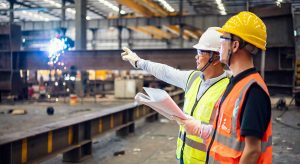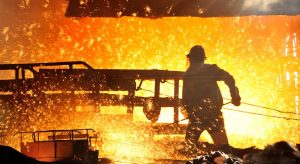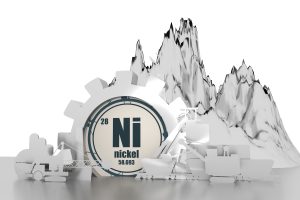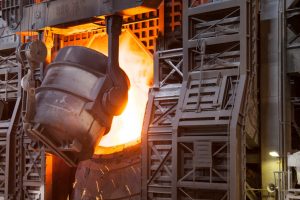ILVA: more details from Arcelor but not enough for the unions.
The meeting between ArcelorMittal and the unions to discuss Ilva industrial plan at MiSe ended after almost three hours.
According to Italian Deputy Minister for Economic Development Teresa Bellanova, ArcelorMittal allegedly provided more details about ILVA industrial plan, also answering questions from the unions.
This first round will be followed by others to discuss the environmental plan and to analyse the situation of each individual site where the company operates. Technical aspects are also being investigated, involving unions and workers, to understand exactly how many workers are required.
On this last point, ArcelorMittal’s intentions are well known, but what the government is asking for is a minimum of 10,000 jobs.
From the words of the Italian Deputy Minister, it is also clear that the new owners intend to go ahead with the project to develop a new research centre, most likely in the Taranto area.
Francesca Re David, Secretary General of Fiom-Cgil, points out that all aspects are being discussed at a general level because ILVA is currently under administration and, therefore, every time the new owners want to enter the plants they have to ask for authorisation, which makes it difficult to have a precise vision.
On the other hand, as far as the industrial plan is concerned, the whole discussion on wages and employment is still missing.
In order to achieve a production of 9.5 million tonnes of steel until 2024 we know we cannot work with redundancies, but as long as there is no agreement with the owners nothing will be decided.
“We were given the opportunity to go into more detail about the ILVA business plan and the individual plants. They explained to us how they intend to proceed with production in Taranto, how to upgrade the coking plants and balance the production of steel and liquid cast iron,” said Rocco Palombella, Secretary General of Uilm.
The same Secretary added that investment plans have been presented with a degree of consistency, but a gap remains, that of centralising the production of coils, a sector in which ArcelorMittal is already specialised, while for the tube mills, no answers were given by foreseeing a reduction.
In summary, this can be considered a positive day with a credible and ambitious plan considering the resources, but far from the redundancies that are being reported.
The following points were touched upon by the Secretary General of Fim-Cisi, Marco Bentivoglio:
- investments in the harbour
- investments in the Marghera logistics site
- routine and extraordinary maintenance of all sites
- logistics between the harbour and the Taranto plant
- insufficient investment in Genoa for tinplate
- only 90 thousand tonnes are planned in the Taranto tube mills (where 800 employees work at full capacity) with a capacity of 900 thousand
In order to better analyse these points, Fim proposes to schedule meetings at local level to examine site by site.





